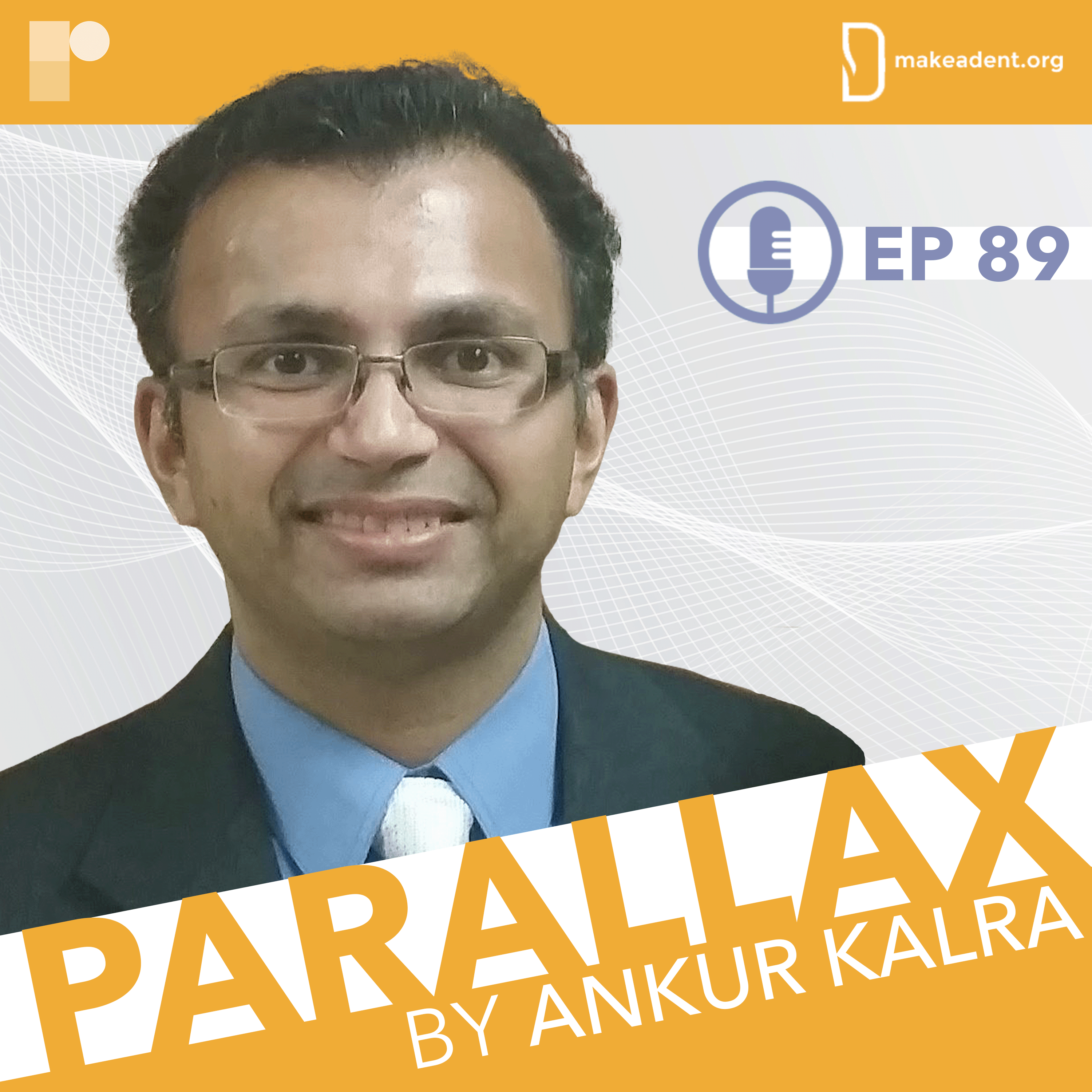
In 2018, the loss of a friend to suicide compelled Dr Anavekar to embark on a profound journey of contemplative self-exploration. Now, he uses his experience to encourage and guide trainees to pose thought-provoking questions that challenge the status quo of the materialistic approach to medicine, ultimately leading to a more outcome-focused perspective.
In this week's episode of Parallax, Dr Ankur Kalra sits down with guest Dr Nandan Anavekar, a Professor of Medicine at Mayo Clinic College of Medicine and Science. Dr Anavekar also serves as a consultant for both the Cardiovascular and Radiology Departments at Mayo Clinic and is the Program Director for the Adult Cardiovascular Diseases Fellowship program.
In this episode, Dr Nandan Anavekar emphasizes the importance of inner exploration for physicians. He encourages questions such as "Who am I?" and "What is this world that I reside in?" to foster a deeper understanding of the human condition and patient care.
Dr Anavekar also addresses the current cultural shift in cardiology toward measuring success by material possessions and procedures, advocating instead for a focus on outcomes. Dr Kalra probes further, asking how this philosophy can be applied in the Western, and particularly the US healthcare system.
What is the Global Cardiology University project? How does Dr Anavekar encourage trainees to re-examine their role in patient care? What is his advice to our listeners?



Parallax’s guest this week is Dr Eric David Adler, Medical director of heart transplant and mechanical circulatory support at UC San Diego Health.

How did Dr Gragossian receive her diagnosis? How does she feel about her new reality? What drives her? What is her message to our listeners?

Just after 9/11, Heval, the 18-year-old Syrian Kurdish refugee found a job as a dishwasher. At this point, he was the sole provider of his family. The pressure that comes from being poor did not leave him for many years. Today, he is firm believer in giving back to underserved communities by spreading awareness within the medical community. As he says, well-meaning people of privilege are sometimes afraid to act. What we need is more people to bridge the gap and find ways to help each other.

What drives Dr Nishtha Sodhi? What were the formative moments of Dr Sodhi’s career? What are the new frontiers of cardiology?






